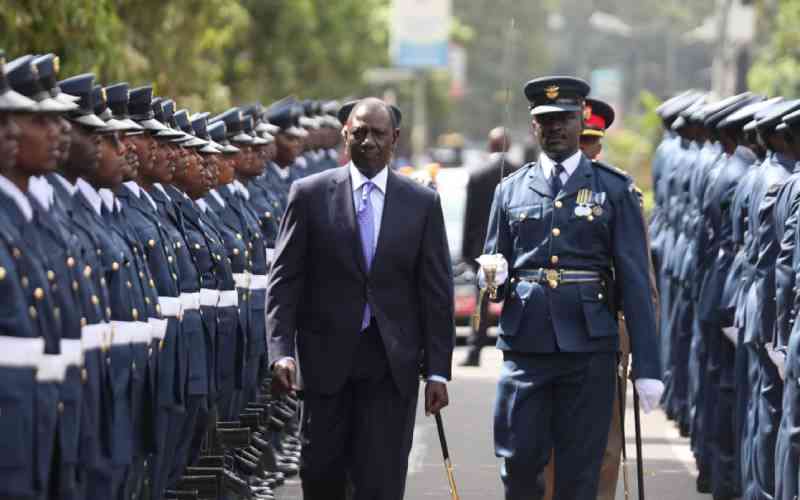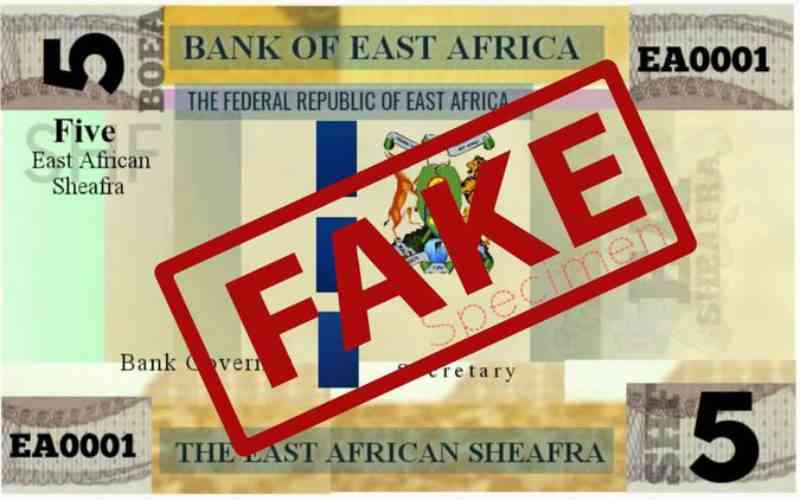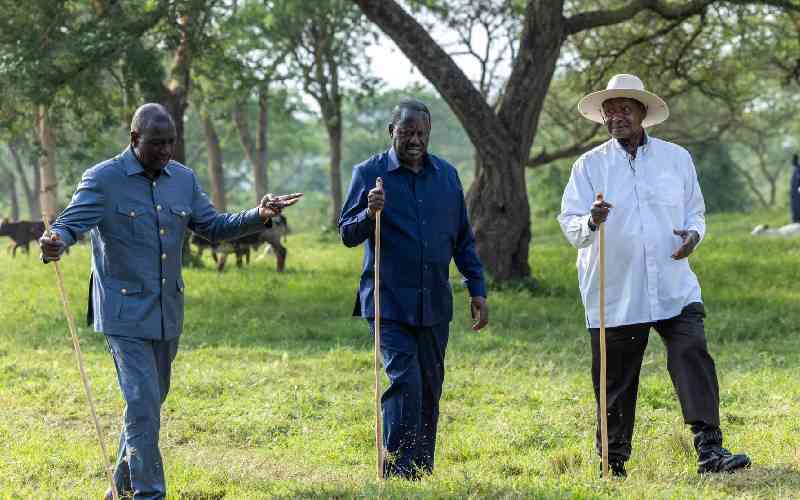
The East African Legislative Assembly (EALA) has passed the EAC Supplementary Appropriation Bill, 2015, providing for additional spending of just over $2 million (Sh187 million) for the current financial year ending June 30.
Of this amount, $99,840 (Sh9.2 million) will come from the East African Community (EAC) General Reserve Fund, while $1.9 million (Sh174.1 million) will be sought from development partners.
Confidence building
The Supplementary Budget allocates Sh84.3 million for mediatory and confidence-building activities ahead of the EALA’s May-June 2015 elections.
This money will also boost on-going efforts to promote democracy and peaceful national elections across the region.
A further Sh27 million is earmarked for expenses incurred in maintaining the EAC regional food balance sheet and trade help desk, while Sh15.6 million shall be utilised for the development of an EAC-African Growth and Opportunity Act (Agoa) strategy.
The Supplementary Budget further provides for Sh13.7 million to be used to hold an HIV and Aids symposium during the period.
The chair of the Council of Ministers, Abdalla Sadaala Abdalla — who also presented the budget — said the symposium, under the theme, “Getting to Zero in the EAC region”, will focus specifically on sensitising participants on HIV and Aids, tuberculosis and sexually transmitted infections.
A similar amount will finance the carrying out of a baseline survey on population, health and environment for 2015-2020 strategic planning.
A study on the needs and preparedness of EAC partner states to implement the new generation e-Passport and a review of existing passport issuance legal frameworks shall also get a boost after they were allocated Sh4.6 million.
According to Dr Abdalla, procurement of the necessary e-Passport issuance infrastructure, passport booklets and capacity building for immigration personnel will be integrated into the 2015-16 budget cycle.
The phase-out programme of national passports as proposed in the region’s roadmap is expected to be customised by each partner state to address respective peculiarities.
Another Sh4.6 million shall go towards the formulation of an EAC vision for 2050, overseen by a multi-disciplinary team of experts.
E-Government services
Stay informed. Subscribe to our newsletter
Six other new Bills also went through the first reading in the House.
They included the EAC Electronic Transactions Bill 2014, which makes provisions for the use, security facilitation and regulation of electronic communications and transactions to encourage the use of e-Government services.
The proposed law is premised on Article 103 of the Treaty for the Establishment of the EAC, where partner states agreed to co-operate in technology development to boost economic growth.
Another piece of legislation closely related to trade issues that sailed through the House is the EAC Customs Management (Amendment) Bill, 2015.
It seeks to amend the East African Customs Management Act, 2004 and facilitate the smooth implementation of the EAC Single Customs Territory.
Also receiving the legislators’ nod was the EAC Elimination of Non-Tariff Barriers Bill, 2015.
To spur competition in the region, the Council of Ministers is set to introduce the EAC Competition (Amendment) Bill, 2015 that seeks to establish a mechanism to eliminate counterfeiting and piracy in the region.
This is seen as crucial in promoting industrialisation and economic growth.
[email protected]
 The Standard Group Plc is a
multi-media organization with investments in media platforms spanning newspaper
print operations, television, radio broadcasting, digital and online services. The
Standard Group is recognized as a leading multi-media house in Kenya with a key
influence in matters of national and international interest.
The Standard Group Plc is a
multi-media organization with investments in media platforms spanning newspaper
print operations, television, radio broadcasting, digital and online services. The
Standard Group is recognized as a leading multi-media house in Kenya with a key
influence in matters of national and international interest.
 The Standard Group Plc is a
multi-media organization with investments in media platforms spanning newspaper
print operations, television, radio broadcasting, digital and online services. The
Standard Group is recognized as a leading multi-media house in Kenya with a key
influence in matters of national and international interest.
The Standard Group Plc is a
multi-media organization with investments in media platforms spanning newspaper
print operations, television, radio broadcasting, digital and online services. The
Standard Group is recognized as a leading multi-media house in Kenya with a key
influence in matters of national and international interest.










